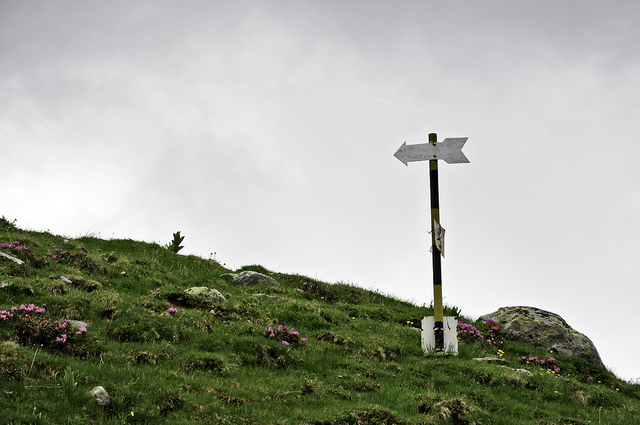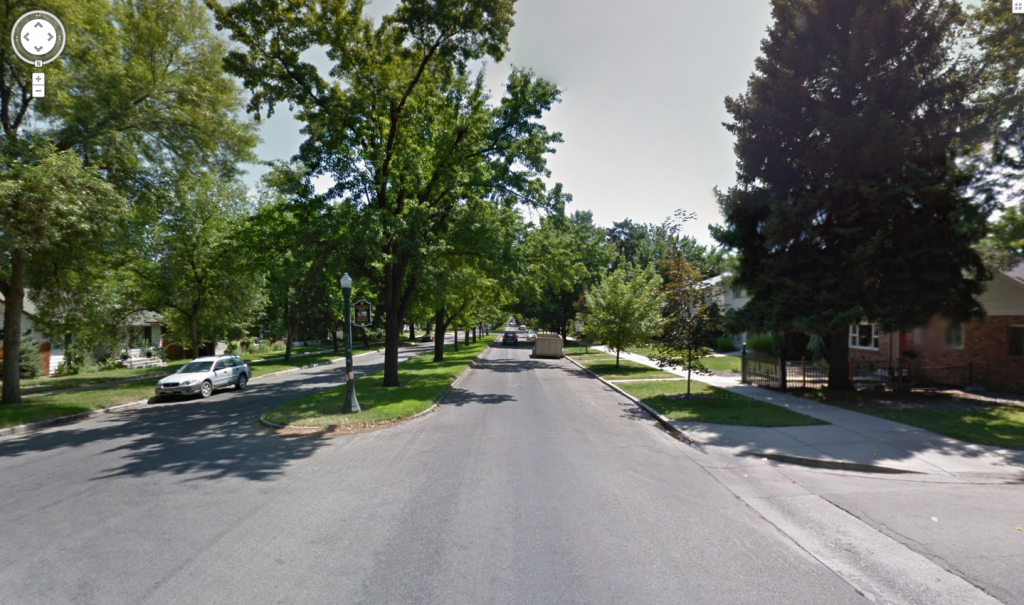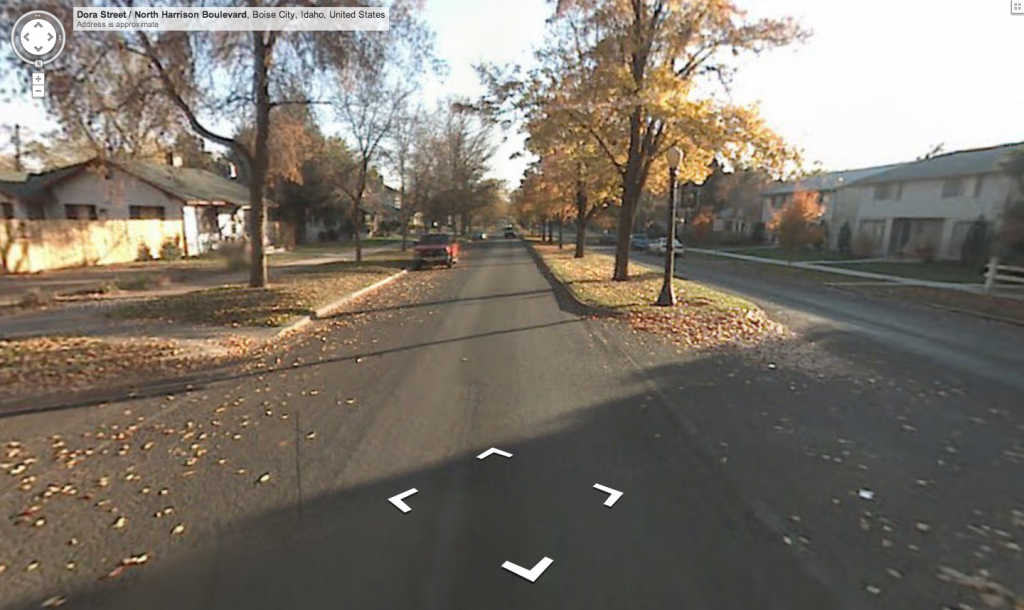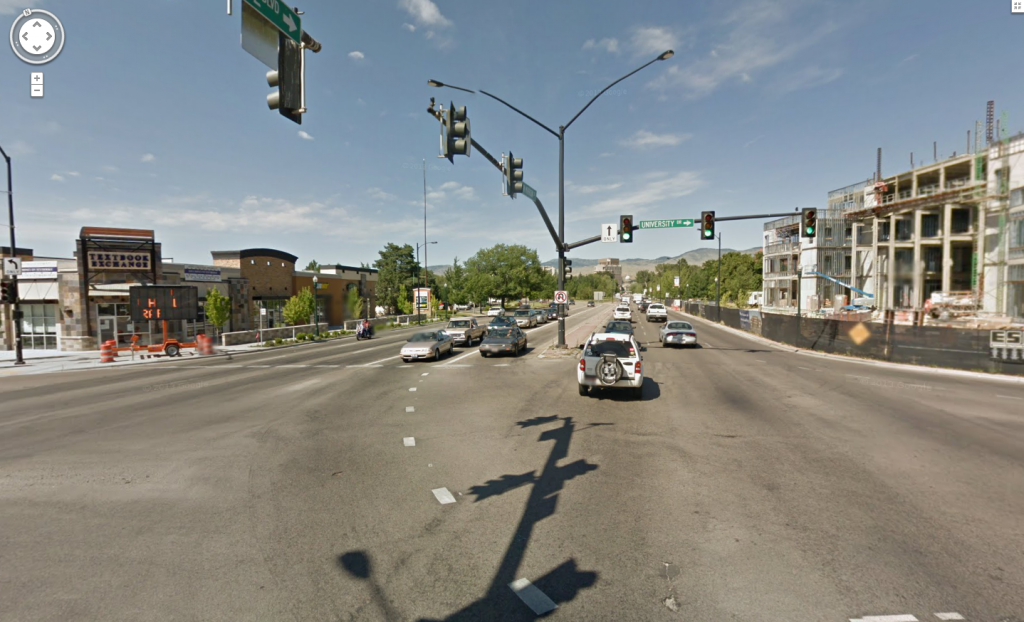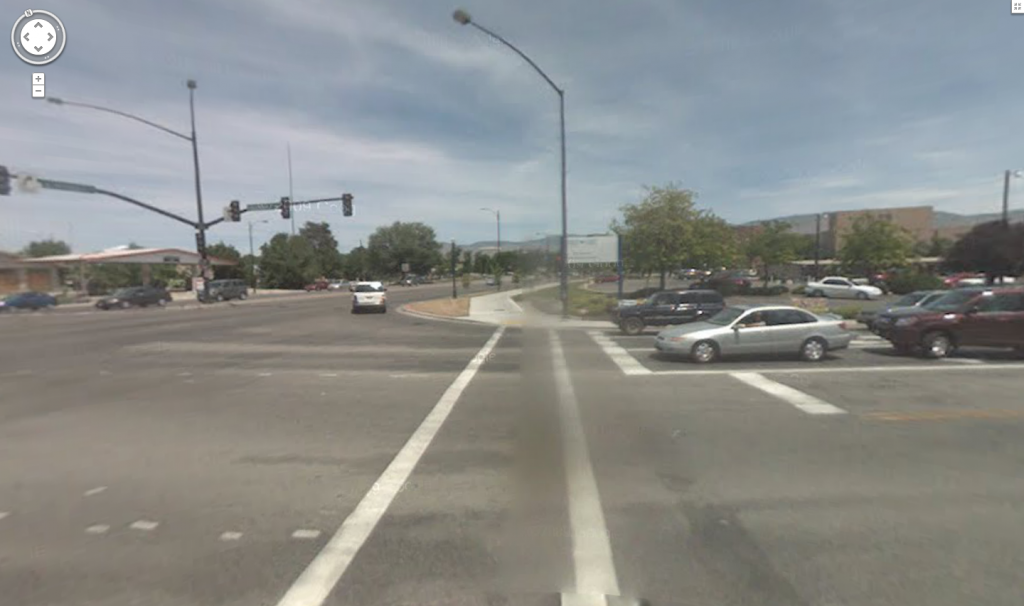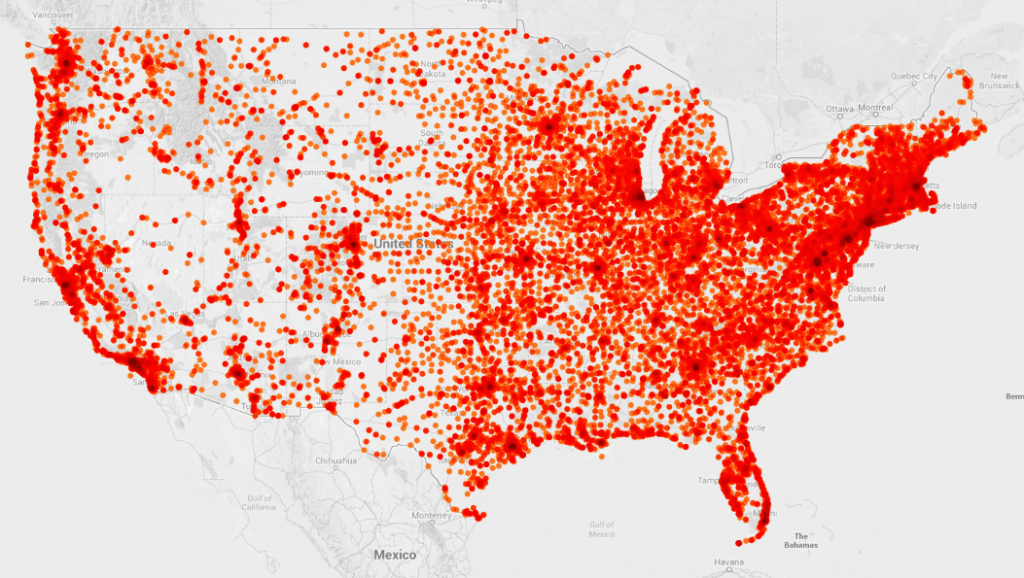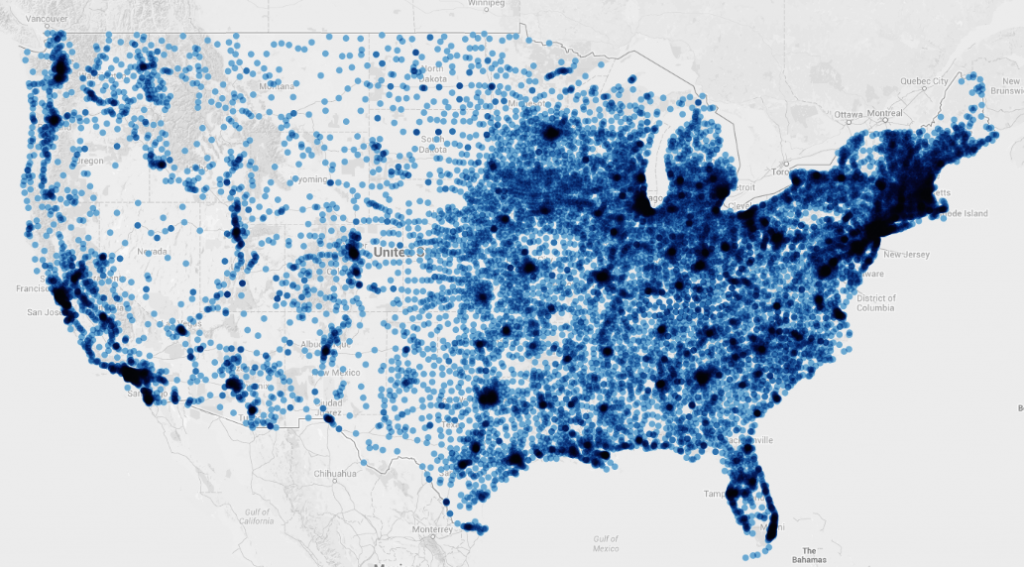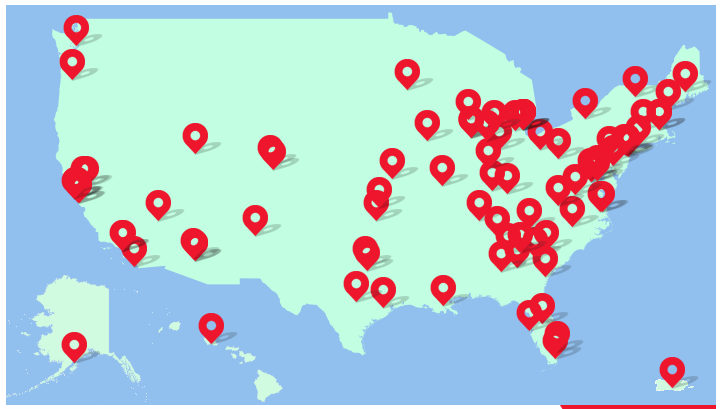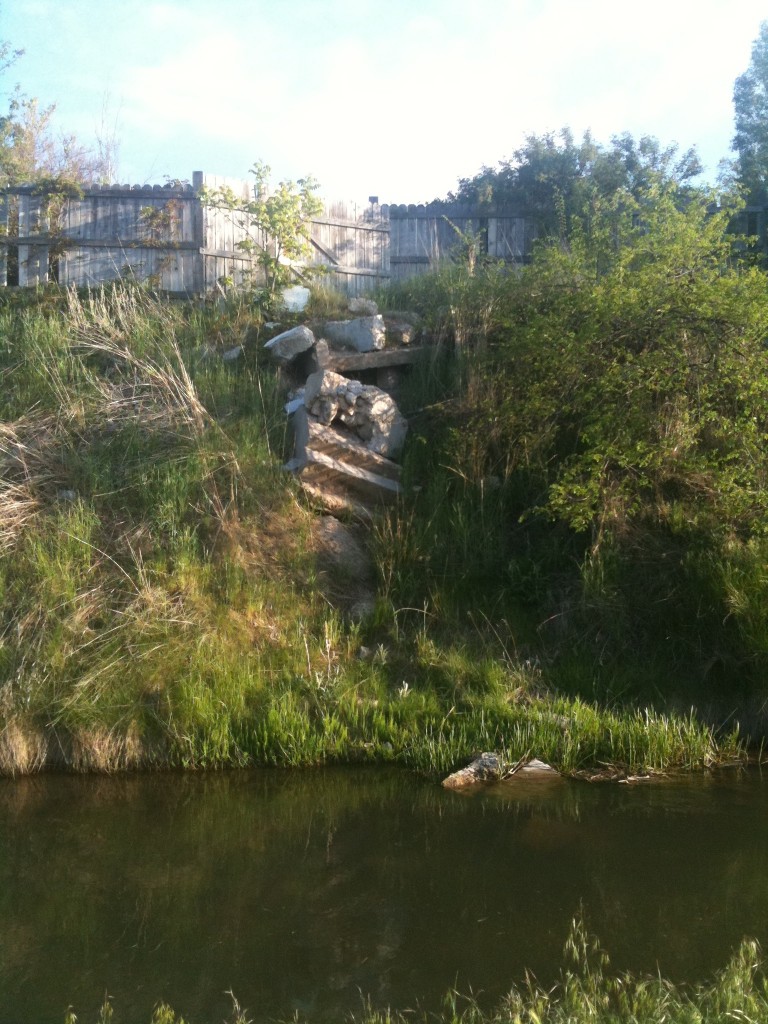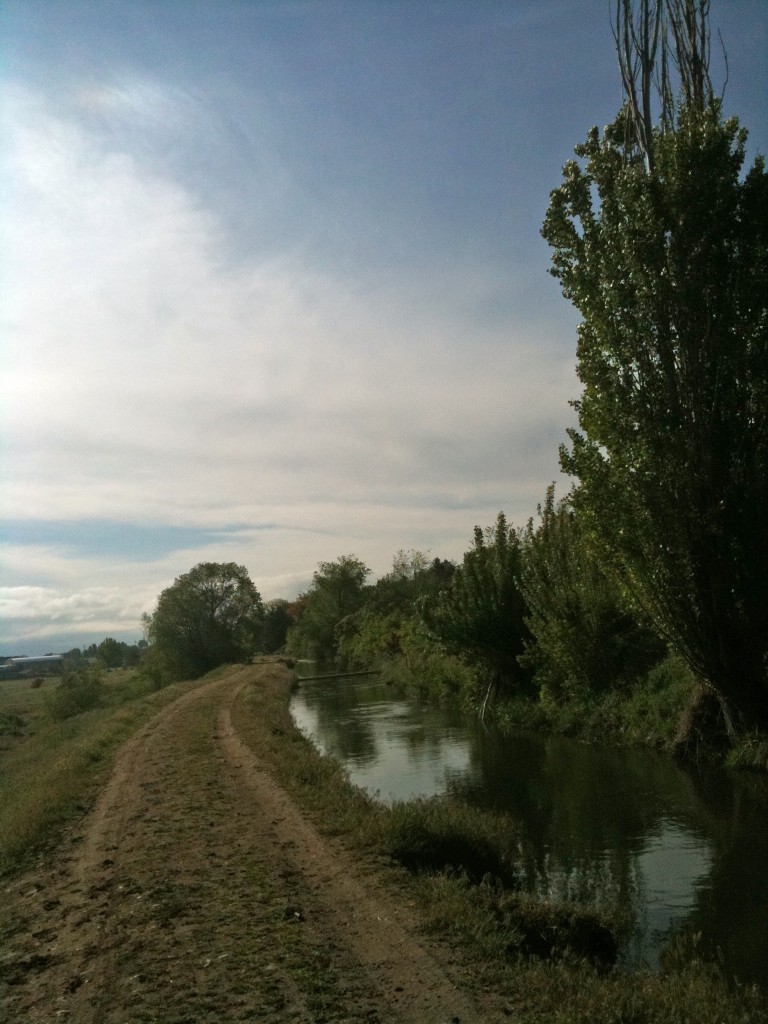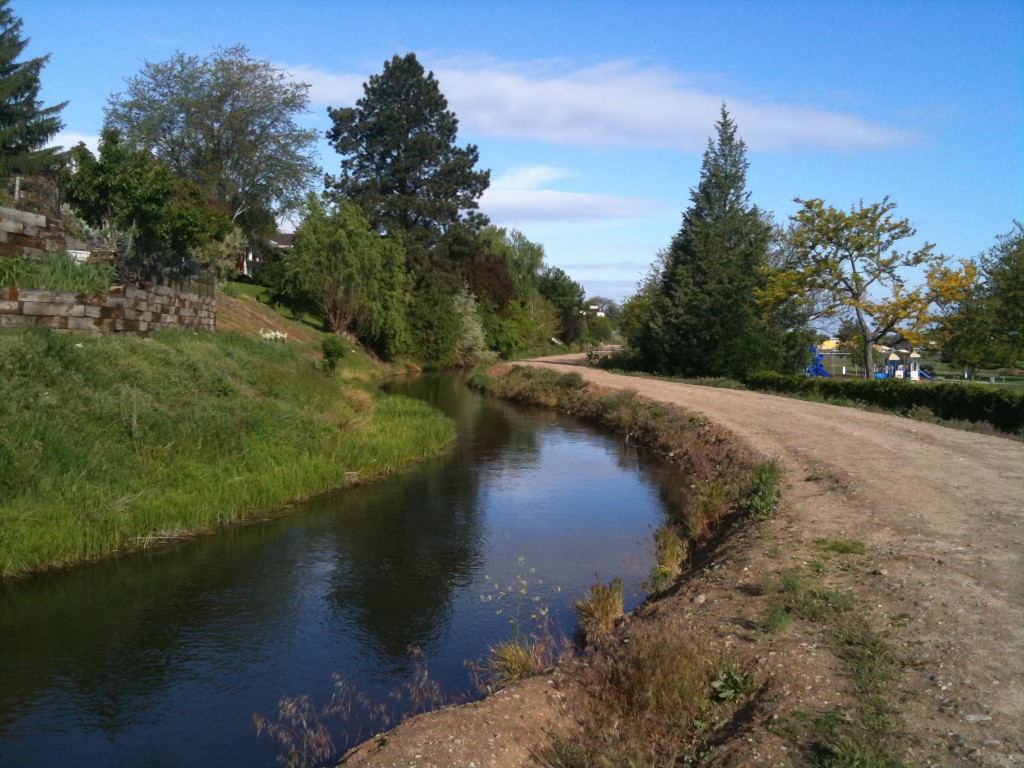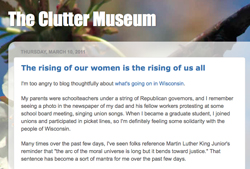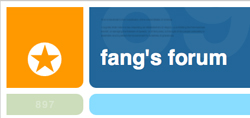I.
This week in our upper-division U.S. women’s history course, my 40 students and I are reading and discussing Susan Klepp’s Revolutionary Conceptions: Women, Fertility, and Family Limitation in America, 1760-1820. I’m really enjoying the book because I’m learning a ton from it, but it’s clear some students have already given up on it. Last class, one student commented that she found the writing terrible, and I said it takes time to learn to read an academic book like this one, and that I found it an easy read, but that’s only because I’ve paged through thousands such tomes.
I then asked students for whom the book was written. Several answered “for us”—by which they meant students in a history course at a regional four-year university.
I explained it’s unlikely the author ever imagined undergraduates at Boise State would constitute the book’s primary audience, or even its secondary or tertiary one. Students seemed surprised.
“Well, then, who’s it written for?” one asked.
“Other academic historians.”
Students seemed puzzled. Why would anyone write for such a small audience, and why would they use such dense language?
II.
I don’t lecture in my classes. It’s not my style. Years ago, when I would attend humanities conferences where I was expected to present my research, I might prepare a paper, thinking I would play by the rules, but I’d end up speaking off the cuff, often in front of the podium instead of behind it. When I do conferences now, I prefer roundtables and discussion over panels and presentations, and I like to talk about the state of the field rather than my own work.
But recently I’ve been invited to give more formal presentations on my work. I’m even keynoting at an unconference. (And yes, I get the irony.)
While I’m happy there’s interest in my work, I feel uneasy with the medium of the research presentation.
The last time I read part of my work aloud was during my job talk for my current job, when I was extremely nervous and pretending not to read. When I was finished, the assembled faculty asked me to have a seat. The chair fell apart under me.
Honestly, that’s how I feel after any formal presentation. Disoriented and slightly embarrassed.
III.
I was talking with a friend today who was trying to figure out if she should stay in her current (exceptionally sought-after and rare) job in a field she loves but in a context she finds challenging. Her alternative was a pink-collar job with great benefits and just-about-guaranteed raises every year, but which would likely be brain-deadening. She wasn’t sure if brain-deadening was better than soul-killing.
I asked if there was a third path.
She moved on to talk about the land mines at work, which may or may not be metaphorical.
IV.
It’s all a matter of fit.
It’s no secret to longtime blog readers that I have a slippery academic and professional identity. I move across fields, degrees, departments, and programs. I switch sides, from staff to faculty and back again.
And back again?
Perhaps. There’s been a lot of bloggy soul-searching recently–even more than usual, it seems–about how the dysfunctions of academia, and faculty life in particular, are beginning to snowball in earnest. Work-life balance is more off-kilter than ever. Faculty governance is disappearing along with the tenure track. MOOC-thinking—education driven by efficiency rather than pedagogy—has widely infiltrated university administration. Pay is stagnating, with many faculty barely maintaining a fingerhold on the middle class.
If I were a single person without a kid, I would be counting my blessings. I adore my colleagues and my students. My teaching load is ideal, and I have a good deal of autonomy in choosing what I teach. I get course releases (although they’re never enough, are they?). I find sufficient small grants to fund whatever project I might have at hand. I’ve grown so much here in confidence and in skill, thanks to the supportive environment of my department. (It’s entirely non-pathological, a rare beast!) And–again, if I were single–I might be happy with only a small apartment to maintain in a city whose scale is, if not walkable or bikeable (for me, at least), entirely reasonable.
But I’m not single. I have a family, and accordingly my current position is not financially sustainable. On paper, the salary is below median. Once taxes and retirement savings and whatever else are taken out of it, my take-home salary is less than half what experts estimate it costs to maintain a family here in Boise. Yes, Fang works, but he’s self-employed in the newspaper industry; I’m grateful for what he brings in (more grateful than ever), but we don’t know how long it will last.
Two clear paths forward:
1) Go up for tenure next year. That would increase my pre-tax salary by around 14 percent starting roughly fall 2015, and would bring me almost back–in three more years–to where I was in my staff job in Davis. It would likely be my last raise until I went up for full professor, however. Make up the difference between my salary and our needs by doing some college admissions consulting with wealthy families. Keep my fingers crossed that newspapers don’t disappear during our lifetime. (Ha!)
2) Seek sustainable employment elsewhere—a tenure-line faculty position, an academic staff position, an alt-ac job in industry, etc. Or start my own thing, which isn’t immediately realistic because while living in Boise we’ve spent down our savings to a point where I can’t justify striking out on my own.
V.
Some people think I’m crazy to be discussing this in the open, under my real name. And yet when I burst into my department chair’s office on the first day of classes this fall and ranted that the HR folks from a top university where I applied for a fabulous staff job way back in early July chose that day to get back to me, she merely told me, “Of course you’re available. Immediately, if need be. Take the interview.”
VI.
And so I’ve been thinking about fit. Do I serve a community better as faculty or in another role? Am I happier with the relatively autonomous but always-on faculty life or in a staff position where I don’t typically have to take work home every evening and work on weekends? Which is more important to me–the prestige of a tenure-line position or something resembling financial security? What’s best for my spouse and son?
Must it be either/or? Because I spend an awful lot of my faculty job doing things that don’t cleanly fit into teaching, research, outreach, or service, but which are sometimes all four simultaneously. And when I was on the staff side of academia, I engaged with more intellectually challenging and paradigm-shifting material at conferences than I ever have as a faculty member.
I’m thinking a research institute would be a really good fit, inside or outside a university—but probably inside would be better. If the job’s primary mission was conveying complex information to a public audience, that would be awesome.
It ends up that the job for which I have a second interview on Monday is at a research institute in a terrific interdisciplinary field of study, and it involves lots of interpretation of research and social issues for the public. Without discussing exact numbers, the HR rep who conducted the first interview said the salary would be “comfortably above” my current one. (I’ve done my research, and “comfortably above” is a euphemism for “a hell of a lot more.”) On top of it all, I find the university’s location very attractive.
Wish me luck?
